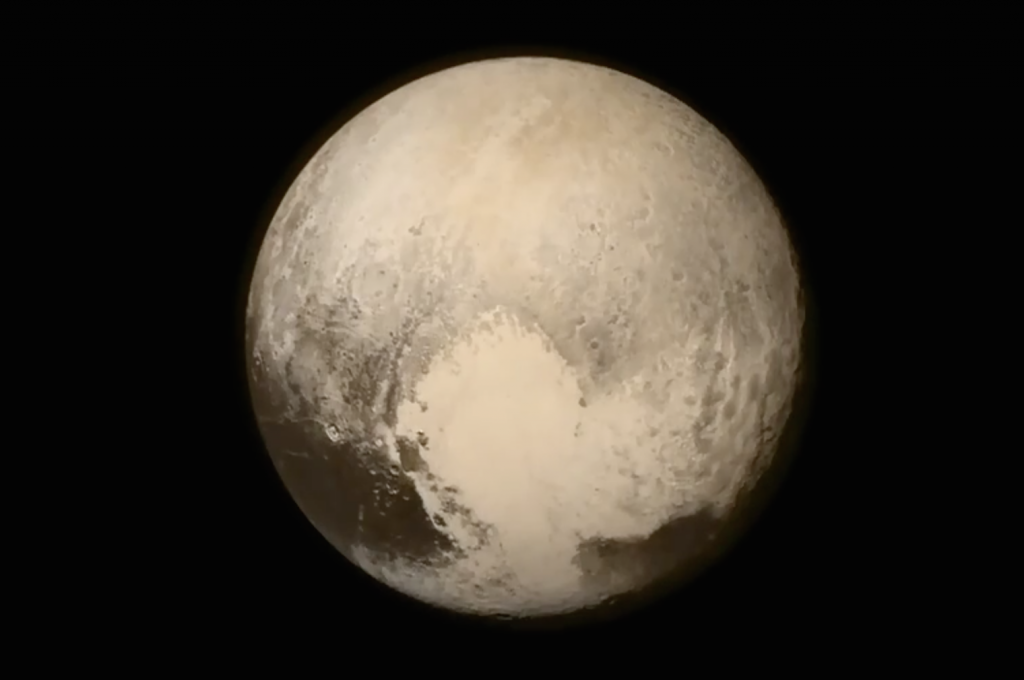U.S. Space Program: Past, Present, and Future
From a man on the moon to photographs of Pluto, where will America go next?

Stephen Henderson speaks with Nilton Renno, a professor at University of Michigan’s College of Engineering, and Paulette Auchtung, Planetarium Coordinator and Staff Astronomer at the Michigan Science Center about America’s space program. The key points:
- Lunar landing: Stephen and his guests talk about the recent 46th anniversary of the Apollo 11 lunar landing that took place on July 20th, 1969. Stephen remarks that it took 3 days for the Apollo 11 crew to reach the moon while the New Horizons spacecraft made the journey in just 9 hours on its way to Pluto.
- Tomorrow’s scientists: Auchtung talks about the importance of inspiring students to become interested in space and science. She says teaching kids about possible future space exploration missions is how she keeps students wondering if they could be the ones to discover the answers to humanity’s questions about our universe.
- Future missions?: Renno says the public may see future space exploration as a waste of money, but it is an important part of our expanding technology. He says missions within our solar system have changed since man has walked on the moon. He describes that time: “Everything was exciting because everything was new. Now it’s different because it’s all about efficiency.” He thinks Europa, one of Jupiter’s moons, holds the most potential to be the next explorative mission.
- The search for life: Renno thinks that finding microbial life elsewhere in the solar system would be an even bigger event than the Apollo landing. He says the possibility of liquid water and microbial life is valid even as far away from the Sun as Pluto.
- The fate of Pluto: Renno says Pluto’s classification as a dwarf planet is semantics and he would like it to be considered a planet once more. Auchtung disagrees. She says she enjoys using Pluto’s status as an opportunity for teaching students about the differences between them and using it as a subject for debate.
To listen to the full discussion click the audio link above.
